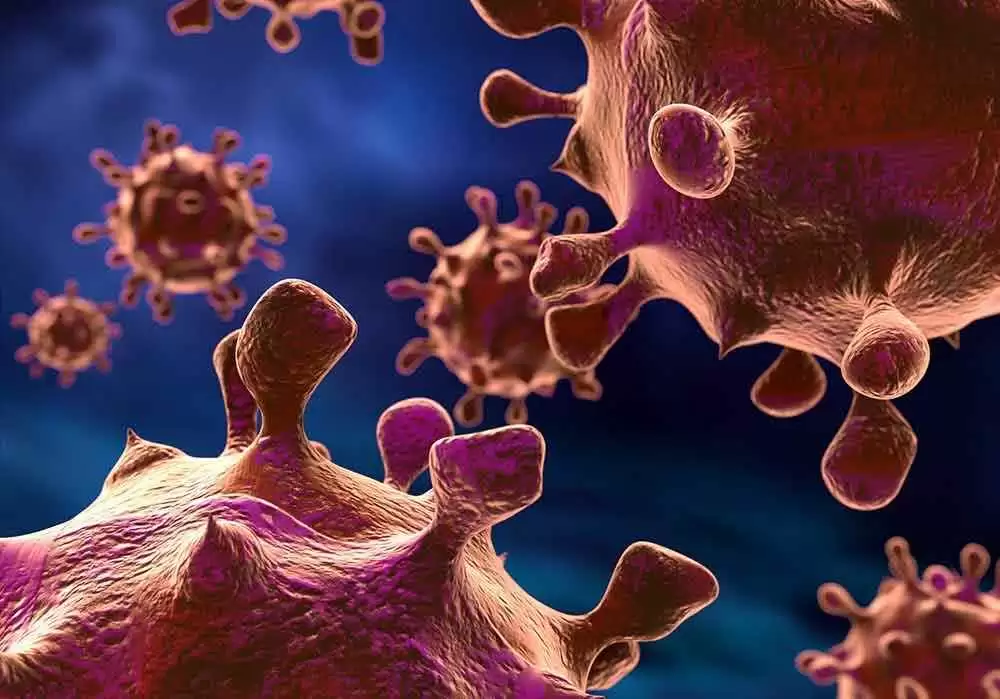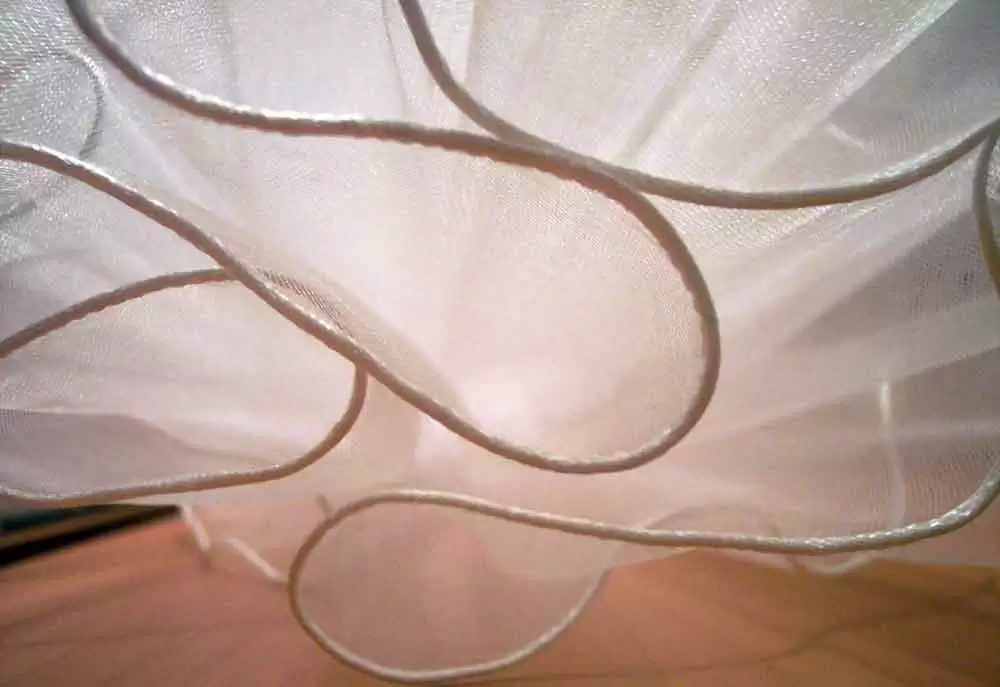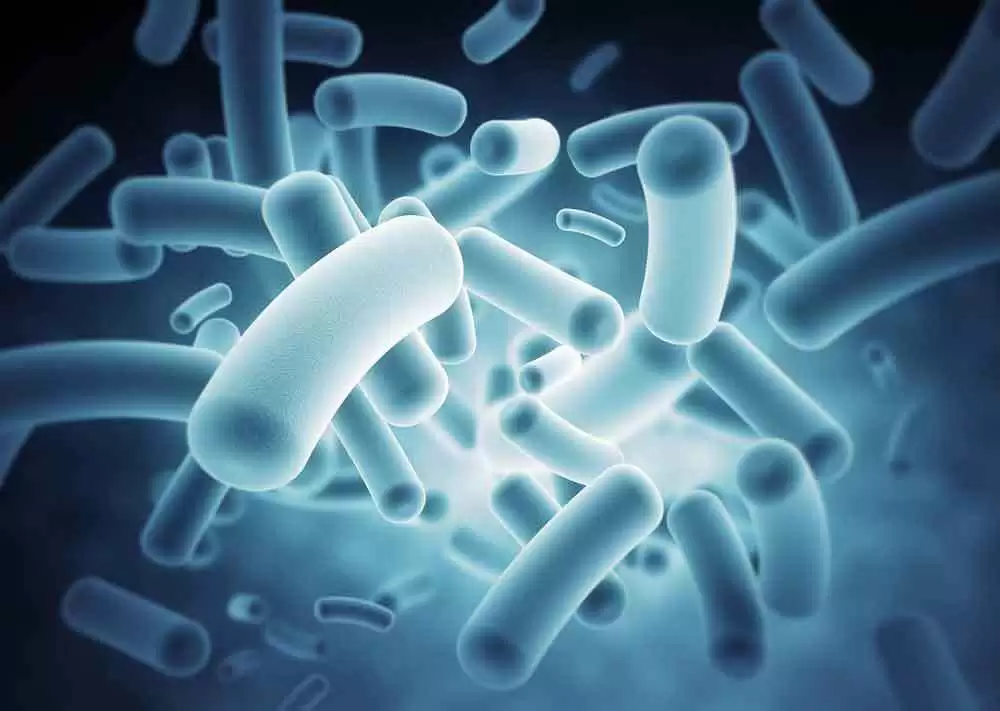
Celiac.com 12/09/2019 - When humans eat food, we also introduce bacteria, fungi, and viruses into our gut. Here on Earth, the epithelial cells that line the gut usually work to prevent these microorganisms from crossing into our blood stream. However, little is known about how microgravity effects epithelial barrier function.
Some previous studies have shown that microgravity weakens the human immune system and increases entero-pathogen virulence. To get a better understanding of the problem, a team of researchers set out to see if microgravity changes intestinal epithelial permeability, and susceptibility, to barrier-disrupting agents.
Celiac.com Sponsor (A12):
A research team led by a biomedical scientist at the University of California, Riverside, has found that simulated microgravity, such as that encountered in spaceflight, disrupts the functioning of the epithelial barrier, even after the person returns to a regular gravity environment.
The research team included Rocio Alvarez, Cheryl A. Stork, Anica Sayoc-Becerra, Ronald R. Marchelletta, G. Kim Prisk and Declan F. McCole. They are variously associated with the Division of Biomedical Sciences at the University of California, Riverside in Riverside, CA; the Cedars-Sinai Medical Center in Los Angeles, CA; the Department of Medicine, University of California, San Diego in La Jolla, CA; the Department of Radiology at the University of California, San Diego in La Jolla, CA; and the Johnson & Johnson Research Laboratories, Janssen Pharmaceuticals Inc. in La Jolla, CA.
For their study, the team cultured intestinal epithelial cells (HT-29.cl19a) on microcarrier beads in simulated microgravity using a rotating wall vessel (RWV) for 18 days. They then seeded the iECs on semipermeable supports to measure ion flux (transepithelial electrical resistance (TER)) and FITC-dextran (FD4) permeability over 14 days.
RWV cells showed delayed apical junction localization of the tight junction proteins, occludin and ZO-1. Compared with static, motion and flask control cells, RWV cells treated with alcohol metabolite, acetaldehyde, showed sharp decrease in TER, along with reduced junctional ZO-1 localization, and increased FD4 permeability.
Based on these data, the team concludes that simulated microgravity makes the gut susceptible to epithelial barrier permeability upon removal from the microgravity environment, which means that space travelers are more likely to develop gastrointestinal issues, such as leaky gut, once they return to earth.
Studies like this help to shed a light on how the body's gastrointestinal system functions in space travelers, especially in astronauts, and to help us better the factors that can compromise intestinal epithelial barrier function following return to Earth.
Read more in Scientific Reports volume 9, Article number: 17531 (2019)










Recommended Comments
There are no comments to display.
Create an account or sign in to comment
You need to be a member in order to leave a comment
Create an account
Sign up for a new account in our community. It's easy!
Register a new accountSign in
Already have an account? Sign in here.
Sign In Now